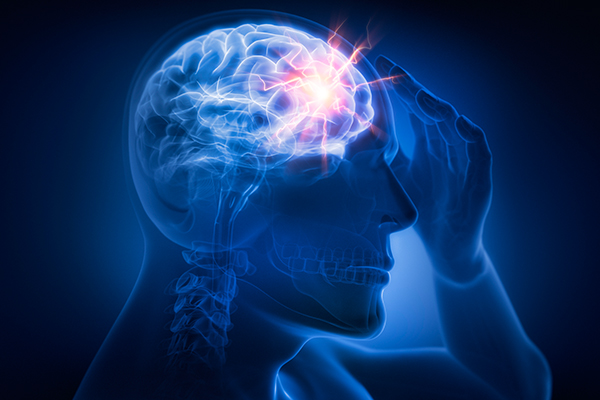
Did you know that a concussion is considered a traumatic brain injury? A concussion is extremely serious and should be treated as such. Let’s explore strategies for managing sports-related concussions to ensure safe and efficient practices.
Let’s begin by discussing what a concussion is along with its symptoms. A concussion is a traumatic brain injury usually caused by a blow to the head or body, which forces the brain to move rapidly within the skull, resulting in damage. Some of the symptoms of a concussion include issues with memory, learning, concentrating, and problem-solving.
Here are some of the best practices for concussion management:
- Immediately Remove From Play: Once a concussion has been sustained, it is important to immediately remove that athlete from play and seek medical attention. Since concussions aren’t always immediately apparent, make sure to look out for signs such as a headache, nausea, dizziness, confusion, light sensitivity, or fatigue. Continuing play with a concussion can lead to further complications and permanent brain damage.
- Get Plenty of Rest: Sleep is a main priority while recovering from a concussion. Our body heals itself while we rest so it is vital to get at least 8 hours of sleep every night. Furthermore, take breaks throughout the day to rest to ensure you aren’t pushing yourself too hard.
- Stay Hydrated: Drink plenty of fluids during your recovery. Proper hydration can help your body deliver nutrients more efficiently to your brain, aiding in its recovery. It can also alleviate concussion symptoms like headaches, nausea, dizziness, etc.
- Avoid Screen Time: Screen time such as using a computer, watching TV, or playing video games should be avoided while recovering from a concussion. Excess screen time can put strain on your eyes causing aggravated symptoms such as headaches, nausea, and more.
- Ease Back into Activity: While you may not be able to jump right back into your sport just yet, you can ease back into activities under the guidance of your doctor. Initially, you will likely not be able to participate in work, school, or any physical activity. Allow your brain to heal and don’t resume these activities until your doctor advises. Once you return to non-physical activities, you can start easing into physical activity with walking first, followed by jogging or light weight-lifting. Once these activity levels feel comfortable, you should try non-contact heavy physical activity before returning to practice and competition for your sport.
- Return to Sports with Physician Approval: If the athlete returns to their sport too soon, a repeat concussion may occur, which can result in permanent brain damage. Thus, you should always discuss your return to your sport with your physician first.
Make sure to strictly adhere to these concussion management practices to ensure a safe and effective recovery. If you or a loved one have suffered from a concussion, our physicians at Hinsdale Orthopedics can help. Get world class care at Hinsdale Orthopedics in Munster today!
Author: Dr. Cary Templin specializes in the operative and non-operative treatment of the cervical, thoracic, and lumbar spine. Dr. Templin is an expert in minimally invasive surgical procedures. His practice includes spinal decompression and fusion, microsurgery and motion-preserving procedures, including artificial disc replacement.in Munster, Indiana.


